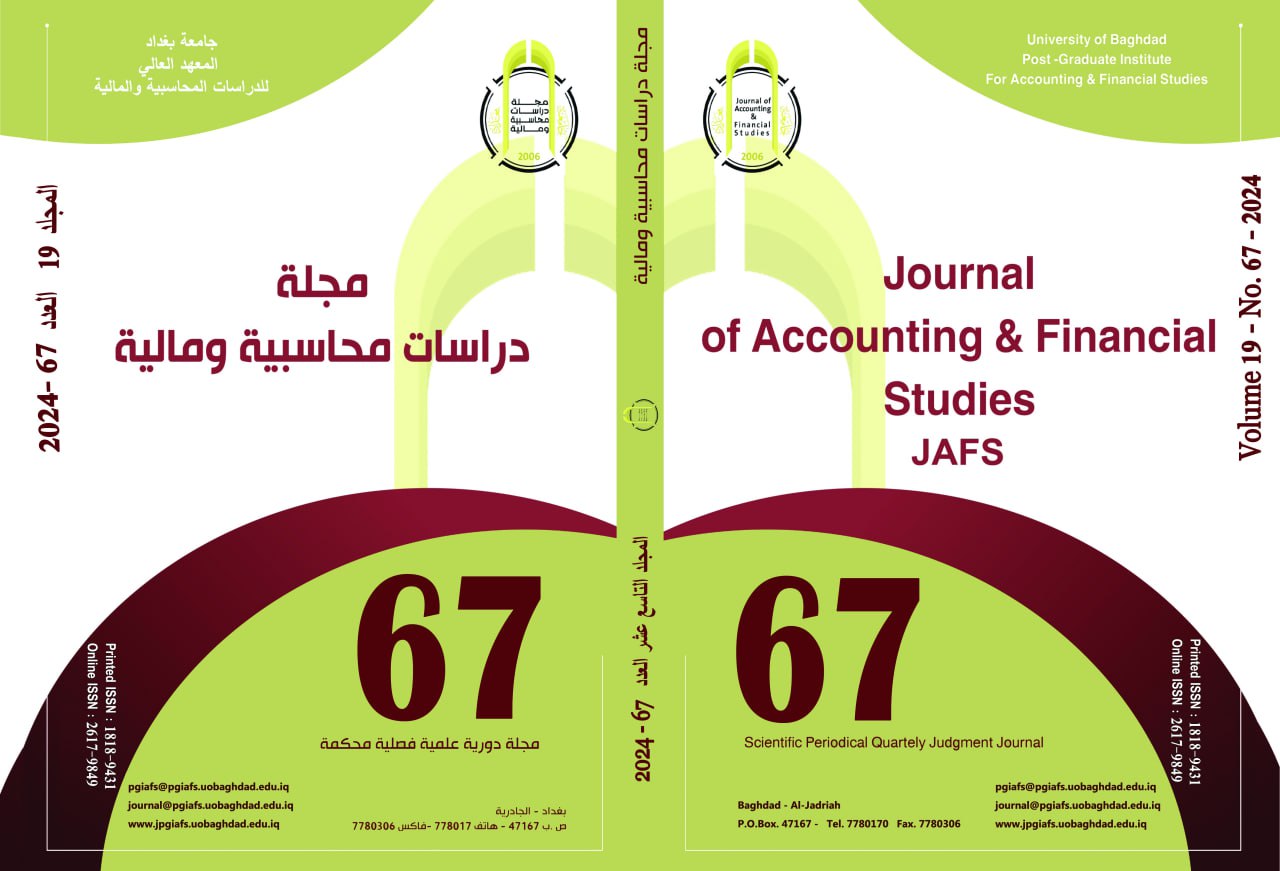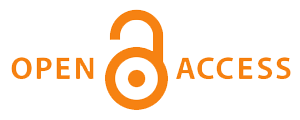The Impact of the Shingo Model for Operational Excellence on Quality Ambidexterity
A Field Study in Strategic Arenas in Iraq
DOI:
https://doi.org/10.34093/bt9s9s43Keywords:
Operational Excellence, Quality Ambidexterity, Quality Exploration Practices, Quality Explotation PracticesAbstract
Abstract:
The research aims to test the impact of operational excellence on quality Ambidexterity in Iraqi strategic stadiums. The main research problem is summarized in the following question: "Have the researched strategic stadiums been able to employ Shingo's dimensions of operational excellence to achieve quality Ambidexterity?" A comprehensive field survey was used to collect data. Given the importance of the sports sector in this field, Iraqi strategic stadiums under the management of the Ministry of Youth and Sports were selected as the field of research, comprising eight fully equipped stadiums. The researcher visited these stadiums, namely: Al-Shaab International Stadium, Al-Basrah International Stadium, Karbala International Stadium, Najaf International Stadium, Maysan Olympic Stadium, Al-Kut Olympic Stadium, Al-Minaa Olympic Stadium, and Al-Madinah International Stadium. The research sample consists of 108 individuals, including stadium managers, their assistants, as well as community officials and substitutes, totaling 349 individuals for the researched stadiums. The researcher adopted the descriptive analytical approach, using a questionnaire as the primary tool for collecting field data. Data analysis and hypothesis testing were conducted using appropriate statistical tools with the assistance of SPSS software. The results revealed the impact of Shingo's dimensions of operational excellence on achieving quality Ambidexterity
Downloads
Published
Issue
Section
License
The copyright is transferred to the journal when the researcher is notified of the acceptance of his research submitted for publication in the journal.



